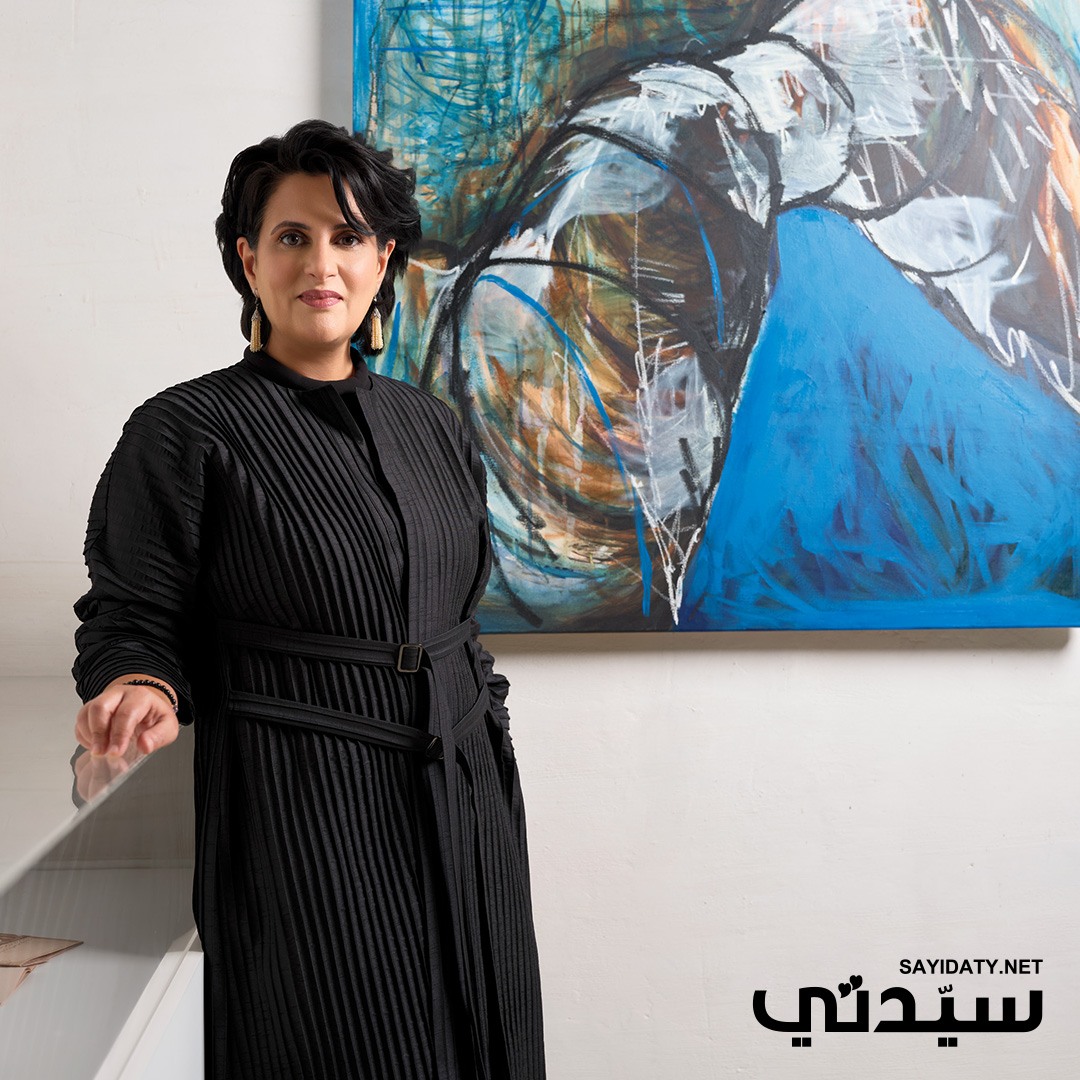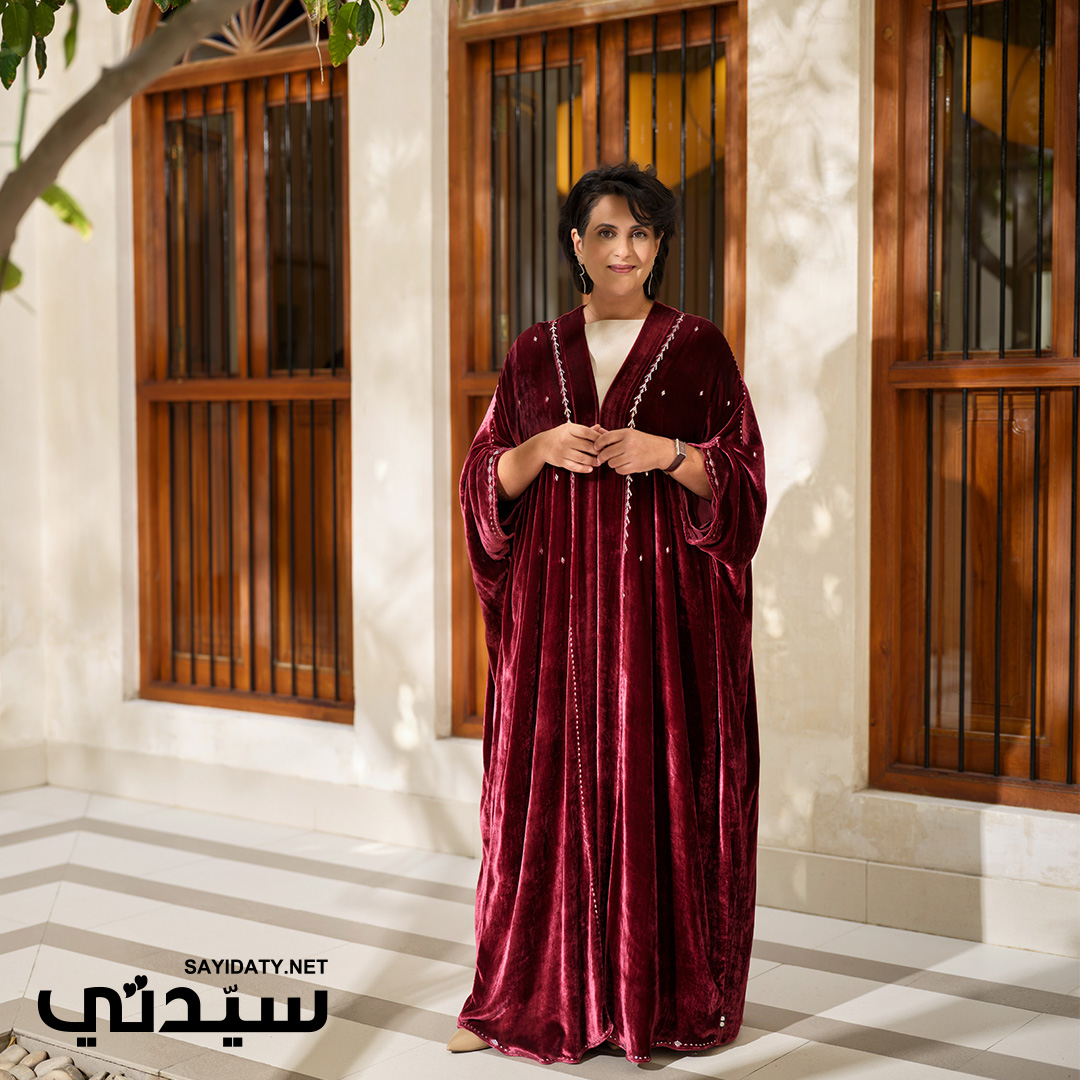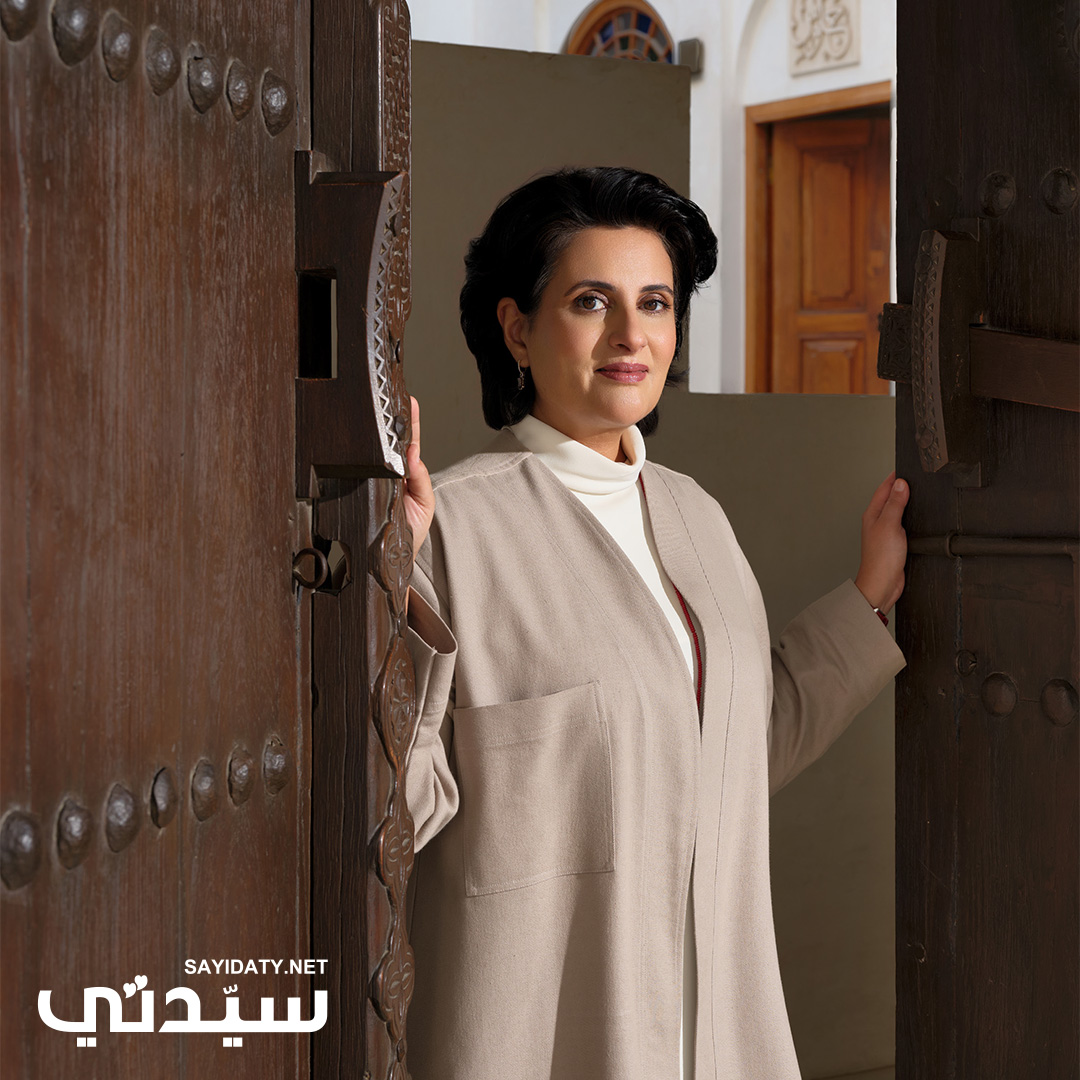JEDDAH: British actor Dev Patel has come a long way from his first appearance in hit teen TV drama “Skins,” all the way back in 2007. This year, the BAFTA-winning and Oscar-nominated actor — with an eclectic resume to show for it — graduated to filmmaker status with his directorial debut “Monkey Man,” in which he also stars.
On the sidelines of the Red Sea International Film Festival, Patel revealed that “Monkey Man” was his love letter to India, “the country that’s formed me most personally and professionally.”
An action revenge film that drew comparisons to the Keanu Reeves-starring “John Wick,” “Monkey Man” follows an anonymous young man (Patel) as he unleashes a campaign of vengeance against the corrupt leaders who murdered his mother — all while wearing a Hanuman (Hindu monkey deity) mask. The film, featuring heavy socio-political commentary about wider systemic issues in India, is still waiting to get a release in the country.
“With all relationships, there’s a push and pull, there’s a love and a hate, and you need to work through things. And part of the process of ‘Monkey Man’ was working through some of the anger and rage I felt, which was also mirrored by my some of my best friends and family members that live there,” Patel told Arab News.
“And one of the topics is, obviously, how religion can be weaponized and how you can mobilize a huge mass of people into a place of anger and conflict. And how it can not only be a deadly weapon, but it can also be a beautiful teacher and a source of empathy and, particularly for an uneducated child, that this iconography can be a huge inspiration,” he said.
Patel also wanted to use the movie to talk about violence against women in India. According to the latest data from the National Crime Records Bureau, the rate of crimes against women in India (calculated as crimes per 100,000 women) increased by 12.9 percent between 2018 and 2022.
“I knew someone that was actually killed in a horrible act of sexual violence. And I dated Frida (Pinto) when we did ‘Slumdog Millionaire,’ and I spent a lot of time in India. And during the time of the Nirbhaya incident, I’ve never, to this day, felt such rage. And so that was during the kind of birth of what I was writing, there was a lot of rage in there, too,” said Patel, referring to the 2012 Delhi gang rape and murder, commonly known as the Nirbhaya case.
“And then a lot of love came from my best friend Raghu who lives in Mumbai. He taught me about Indian classical music. And I was like, ‘Wow, this, this art form!’ I grew up listening to grime music, like rap and Arctic Monkeys and whatever. And so, to understand about Indian classical music… I was like, ‘OK, I want to write a training montage of this.’ And so there’s a lot of that in there. There’s Indian heavy metal music. There’s like, you know, my love of the auto rickshaw and ‘Batman’ put together in what I call the poor man’s ‘Batman Batmobile.’ It’s in there.”
Patel described the film also as a Trojan horse to introduce American viewers to “culture and flair,” along with some socio-political messaging.
“I’m a huge lover of action cinema. My first exposure to cinema in general is Bruce Lee, and I think that the seed of watching him in ‘Enter the Dragon’ has been percolating in my mind ever since I was a small boy. And I guess that in the inception of the idea, it was like, ‘How can we get a large audience in America … How can we feed them vegetables without them knowing it?’” he told Arab News.
“So, the film in itself is a sort of Trojan horse of, like, we can access these guys that watch the ‘John Wick’ movies and the action movies and actually give them a heavy dose of culture and flair, and actually some socio-political kind of subjects as well. Make it accessible. And there were a few things that I wanted to get off my chest, which I managed to put in there too,” he added, laughing.
Patel said that he was a “man possessed” during the making of the film, which he shot in the thick of the COVID-19 pandemic.
“It required so much of me, birthing this little weird Gremlin baby movie thing. At times, I was like, ‘Oh, probably, I’m gonna die making this thing.’ It was so tough, and not only emotionally during the time of the pandemic, but physically, what I put myself through? And you’ve got over 500 people in a bubble on an island, and you’re dealing with a lot of humans going through a really rough time in history where we had no certainty of anything, and you’re trying to make a movie. And everything got thrown at me on it. And so, it was kind of life imitating art, in the sense of the movie being an underdog story, and the actual film itself being this unquenchable little flame that kept kind of existing. So, yeah, I’m really proud of it now, in hindsight, now that the dust has settled.”
Now that he has realized his childhood dream of making an action film, what’s next? “There’s quite a few stories that I’m excited to tell, all weird ones. I’ve been working on a creature feature about the immigrant journey via the lens of a beast. I’m working on a rally driving movie in Kenya that we’re developing. We’re doing a film in the Highlands of Scotland. There’s so much on the slate,” he said.

























